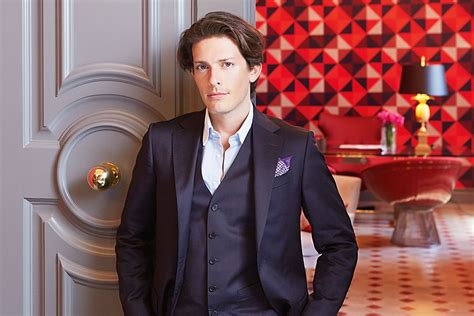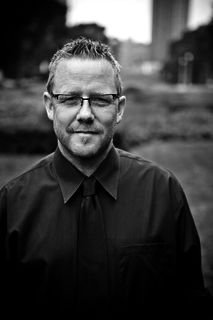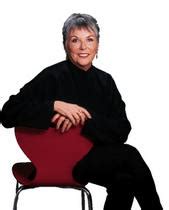A Quote by James Rollins
Fiction writing was in my blood from a very young age, but I never considered writing as a real career. I thought you had to have some literary pedigree to be a successful author, the son of Hemingway or Fitzgerald.
Related Quotes
I was lucky that I started very young, since I had a very clear idea of what I wanted to do. But my father is very conservative, and he never considered fashion to be a real career but something I could pursue as a hobby. He wanted me to be a doctor, and at one point, I thought of becoming a plastic surgeon.
Good writing is good writing. In many ways, it’s the audience and their expectations that define a genre. A reader of literary fiction expects the writing to illuminate the human condition, some aspect of our world and our role in it. A reader of genre fiction likes that, too, as long as it doesn’t get in the way of the story.
Do you think that Hemingway knew he was a writer at twenty years old? No, he did not. Or Fitzgerald, or Wolfe. This is a difficult concept to grasp. Hemingway didn't know he was Ernest Hemingway when he was a young man. Faulkner didn't know he was William Faulkner. But they had to take the first step. They had to call themselves writers. That is the first revolutionary act a writer has to make. It takes courage. But it's necessary
The thing is that my first novel, which was basically a mystery adventure story, won quite an important award in Spain for young adult fiction, and because of this it became a very successful book, and right now it's some sort of a standard title, it's read widely in many high schools in Spain, so I think, in a way, I was a victim of my own success in the field of young adult fiction, because it was never my own natural register. I never intended to write that kind of fiction, but I became very successful at it.
Writing fiction is very different to writing non-fiction. I love writing novels, but on history books, like my biographies of Stalin or Catherine the Great or Jerusalem, I spend endless hours doing vast amounts of research. But it ends up being based on the same principle as all writing about people: and that is curiosity!
It had also been my belief since I started writing fiction that science fiction is never really about the future. When science fiction is old, you can only read it as being pretty much about the moment in which it was written. But it seemed to me that the toolkit that science fiction had given me when I started working had become the toolkit of a kind of literary naturalism that could be applied to an inherently incredible present.
I think that I had read so much fiction that the craft itself sort of sank into me. I didn't read any 'how to' books or attend any popular-fiction-writing classes or have a critique group. For many years into my writing, I didn't even know another author. For me, a lot of reading was the best teacher.


































